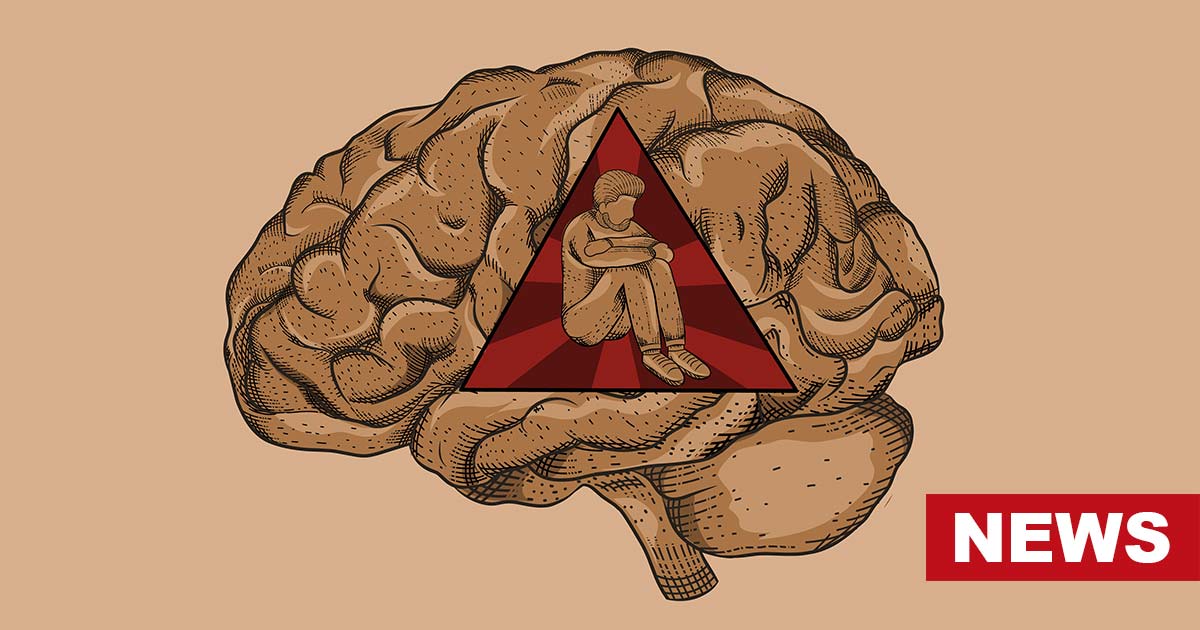According to a comprehensive study jointly led by researchers from Harvard Medical School and the University of Queensland pointed to half the population to have a mental health disorder by 75 years of age across the globe.
The findings reconfirm emerging research that says mental health disorders have become a major global concern, affecting a staggering 50% of the world’s population during their lifetime.
This extensive research that uncovered the inevitability of mental health disorders by 75 years of age involved structured face-to-face surveys of over 150,000 adults from 29 countries representing diverse economic backgrounds and regions. The results stand published in The Lancet Psychiatry.
The researchers highlight the colossal burden of mental health disorders on a global scale, indicating to half the population to have a mental health disorder by 75. In fact, half of the world’s population will have experienced at least one mental health disorder in their lifetime.
These findings also highlight the prevalence and onset timing of mental disorders across various populations. The study, conducted as part of the World Mental Health Survey Initiative based at HMS and collecting data from 2001 to 2022, involved collaboration with 27 other countries.
Principal investigator Ronald Kessler, the McNeil Family Professor of Health Care Policy at HMS, emphasizes the urgency of addressing mental health issues, stating, “Mental disorders are a major health problem worldwide, with an enormous unmet need for treatment.
While several scalable interventions for prevention and treatment have been developed, their allocation is often suboptimal. This study provides crucial insights that can help target efforts to optimize the benefits of these interventions.”
The study sheds light on any potential mental illness by seventy-five years of age, revealing mood disorders, such as major depression and anxiety, as prevalent among the population. Moreover, the research indicates that the risk of certain mental disorders varies between genders.
For women, the most common mental health conditions include depression, specific phobia (a debilitating anxiety disorder), and post-traumatic stress disorder (PTSD). On the other hand, among men, the most common disorders included alcohol abuse, depression, and specific phobia.
Additionally, the researchers uncovered that mental health disorders typically manifest during childhood, adolescence, or young adulthood. Understanding the age at which these disorders commonly arise can aid in customizing public health interventions and resource allocation to ensure timely and appropriate support for individuals at risk. The peak age of first onset was found to be 15 years old, with median ages of onset at 19 for men and 20 for women.
John McGrath, conjoint professor at UQ’s Queensland Brain Institute and corresponding author of the study, highlights the need to invest in basic neuroscience to comprehend the development of these disorders, particularly among young people.
McGrath emphasizes the importance of promptly detecting and treating common mental disorders, optimizing mental health services to suit individuals during these critical stages of their lives.




























